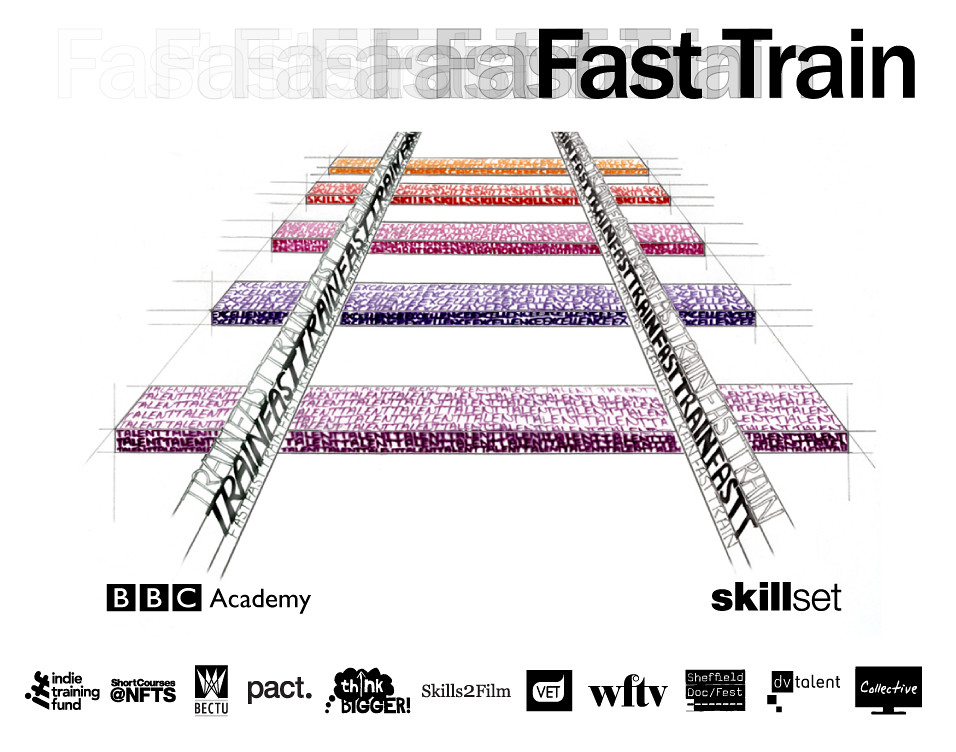This was a one hour documentary fro BBC Radio 2, I fine edited and mixed for the producer Mark O'Brien recently. It is an interesting and revealing insight into women and religion and goes beyond the stereotypical viewpoints and voices. The Guardian picked it up as one of its featured programmes in its Rewind Radio series. This is what they had to say...
I was brought up short by the use of music in What Has Religion Done for Women?. Presented by the very great Shelagh Fogarty, as part of Radio 2's Faith in the World Week, this was an intelligent, open-minded investigation into how women of different faiths integrate some of their religion's trickier aspects into their lives. Fogarty spoke to Muslims, Jews, Sikhs, Christians, and there were some lovely moments: a Sikh woman talking about how she managed to overcome her embarrassment at having hairy legs (Sikh women aren't meant to cut their hair); Fogarty herself donning a niqab and entering, then leaving, a shop packed with women and children, because, she said: "We're alarming people."
But. This being Radio 2, the producer clearly thought that we couldn't absorb Fogarty's points without relevant music to help. Though it's debatable whether helpful is the right word for the Scissor Sisters' "Mary"; that is, when it's dropped immediately after a discussion on the artistic representations of Mary Magdalene and the Virgin Mary. "Mary!" warbled Jake Shears, meaningfully, "You shouldn't let 'em make you mad." There was a debate about Muslim women's modesty of dress. Followed by Dolly Parton singing: "I can see you're disappointed, by the way you look at me". Christina Aguilera's "Beautiful" popped up after the Sikh lady's "hurray for hairy" section; Aretha singing "Respect" after a subtle point about the niqab ensuring that men have to deal with women as an intellect, rather than a body. The cumulative effect was the same as if Shelagh had been followed around by Dave Lee Travis, with his trigger finger twitching on the "Quack Quack Oops" button. I'm not sure that was what was intended.
I have to say as someone who helped the producer place the music, I have disagree with some of the reviewer's points. The music for me added another layer to the story, yes a little tongue in cheek at times, and some of the choices weren't the stereotypical choices for that point in the documentary, but I stand by them.





